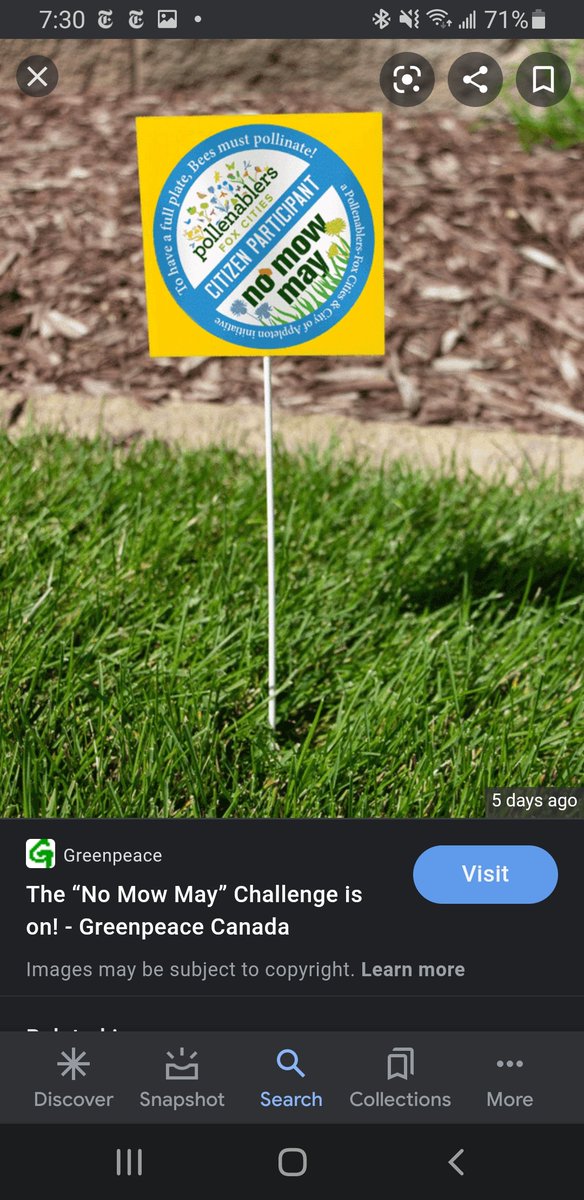
Tomorrow is #WorldBeeDay and I can already see the status quo (i.e. pro-capitalist, pro-colonial, overly simplified and just plain wrong) narratives are going to dominate.
To be clear, I'm ok with the day being used to discuss managed bees, their use in intensive ag., the struggles the industry faces etc. But to conflate this as a wildlife conservation issue is just wrong.
This paper shows the consequences of these dominant narratives. E.g. ppl think all bees are endangered, ppl think pesticide use and loss of flowers are the main threats, ppl think honeybees are native species, ppl unsure whether HBs can replace all bees.
conbio.onlinelibrary.wiley.com/doi/full/10.11…
conbio.onlinelibrary.wiley.com/doi/full/10.11…
The ENGOs and other agencies perpetuating this misinformation are complicit in the lack of movement we have had tackling main threats and protecting species at-risk of extinction.
facetsjournal.com/doi/full/10.11…
facetsjournal.com/doi/full/10.11…
How many CAN ENGOs are fighting for more regulation of the bee industry to stop zoonotics & further massive declines? Or to restrict managed bees near at-risk populations? I know that's not as catchy as convincing a homeowner to plant native plants, but it needs to happen.
This can't be it. We need to hold ourselves to the science and to much higher standards. Especially given the reality that some species of bees are at the brink of extinction. 

As you see #WorldBeeDay content coming your way, please ask yourself a few things: Are there scientists involved in this messaging? Is it someone with a vested interest? Who paid for this? Which worldview is this coming from?
One national Wildlife ENGO is featuring this company. I just can't believe it. ricochet.media/en/3404/beewas…
• • •
Missing some Tweet in this thread? You can try to
force a refresh



